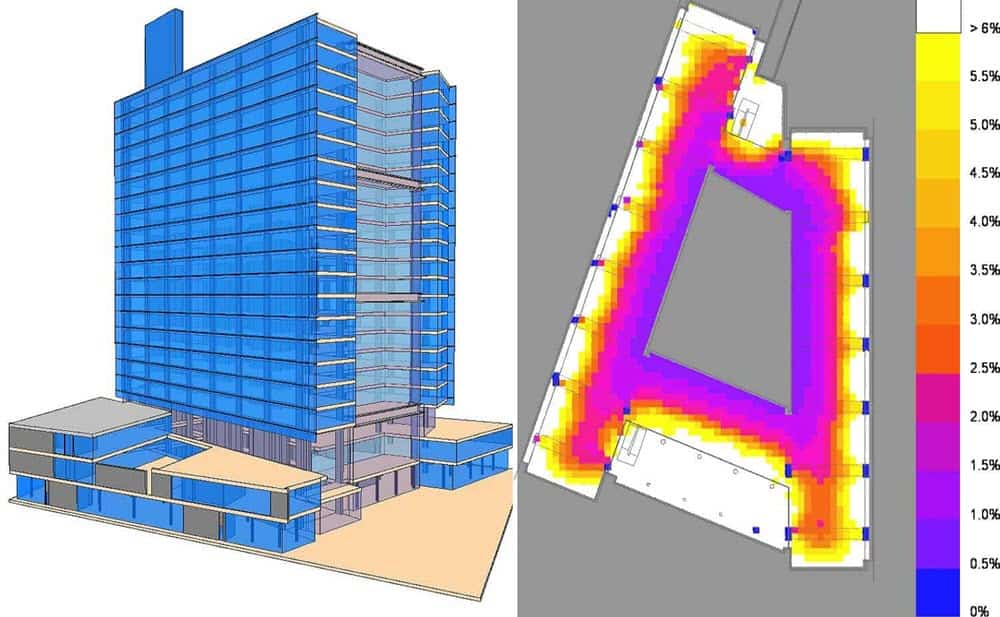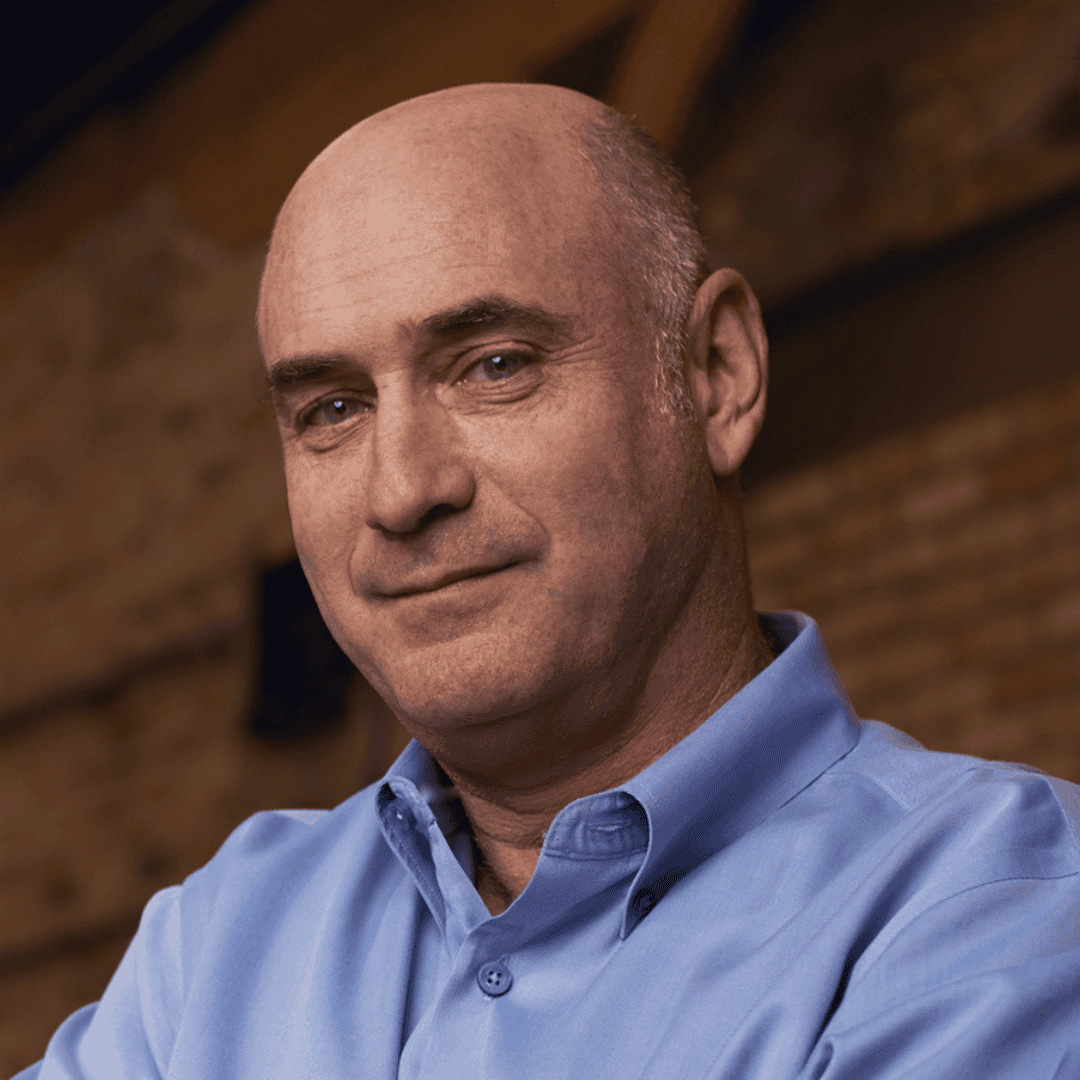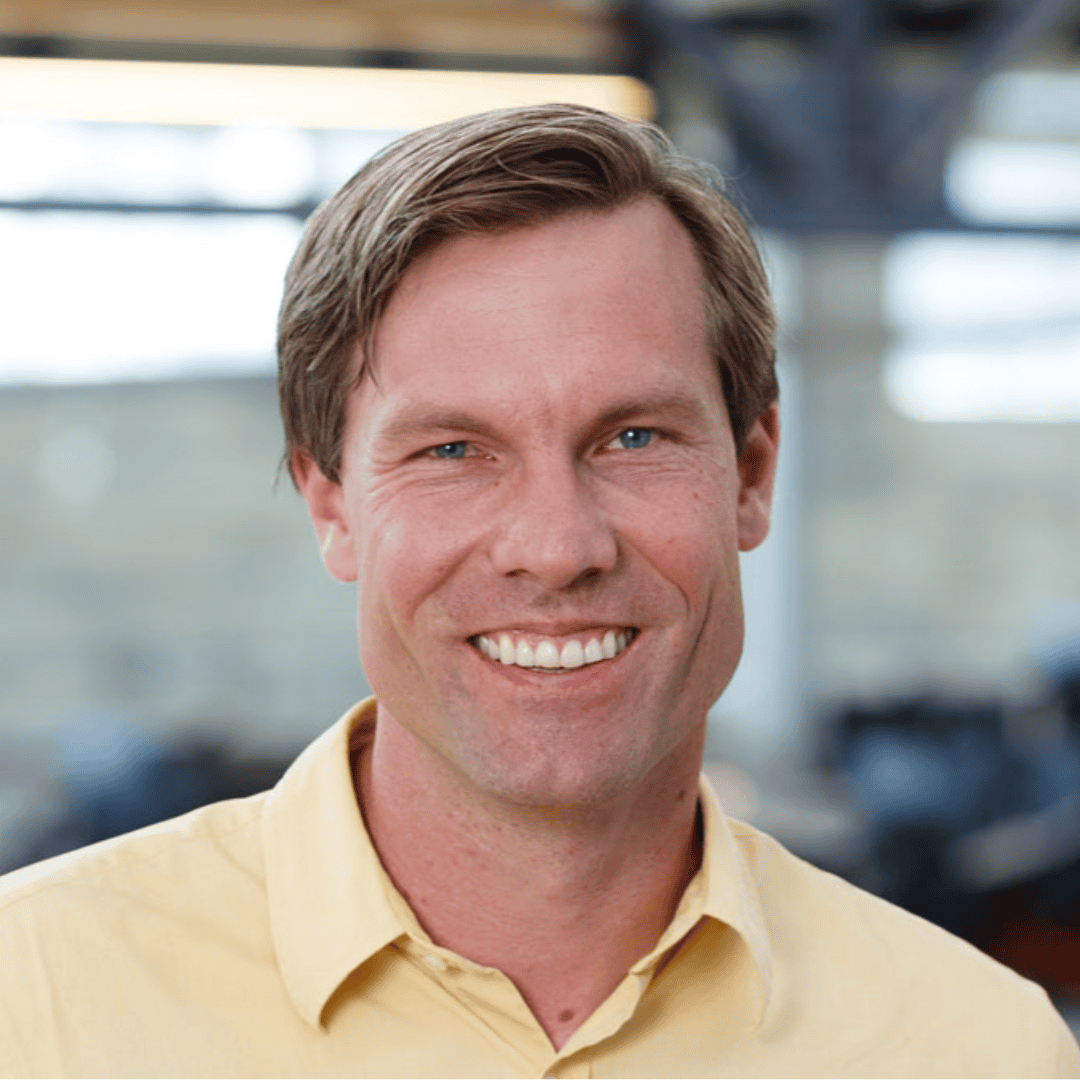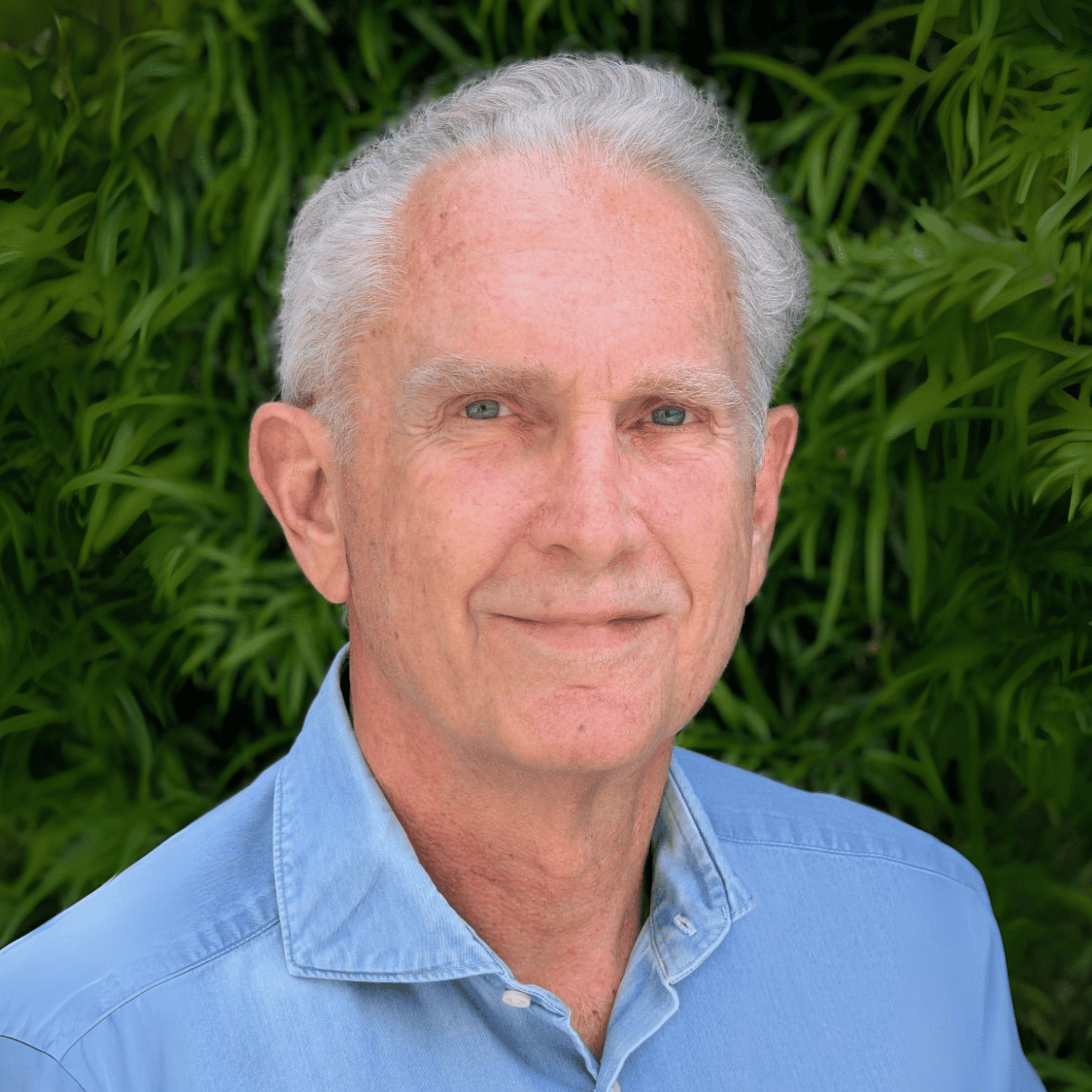Energy Modeling for Building Design - Part 1 of 3 (HSW)

Join AIA Honolulu's Committee on the Environment (COTE), in partnership with the Hawai‘i State Energy Office and Hawai‘i Energy, for our three-part Energy Modeling Series, designed to introduce architects and designers to energy modeling tools and strategies.
SESSION # 1: Introduction to Energy Modeling
This first session will dive into the fundamentals of building energy modeling, including simple box modeling techniques for early design phases—a powerful tool for designing low-carbon, high-performance buildings.
Whether you're a designer, sustainability advocate, or policymaker, you'll gain practical insights into how energy modeling can elevate your projects and contribute to a more resilient Hawai‘i.
What You'll Learn
- What building energy modeling is and how it works
- Key inputs and outputs of the modeling process
- How designers use it to optimize building performance
- Real-world applications from a panel of experienced professionals
Event Details
Enjoy complimentary pupus provided by our sponsor, Hawai‘i Energy.
DATE: Tuesday, September 9
TIME: 5:00pm-6:30pm (Doors open at 4:30pm for networking)
FORMAT: Hybrid – Join us in person or online via Zoom (at 5pm)
CEU: Qualifies for 1.5 HSW. AIA Honolulu is the registered provider.
LOCATION: Center for Architecture, 828 Fort Street Mall, Suite 100, Honolulu
PARKING: Click here for parking suggestions.
Panelist

Nate Kipnis
FAIA, Architect and Founder of Kipnis Architecture + Planning
Nathan Kipnis is a fellow of the American Institute of Architects. His practice, Kipnis Architecture + Planning, is based in Evanston and in Boulder, Colorado. His architectural work has been centered around sustainable design since attending the University of Colorado in 1979 for their solar design program. He designed his first solar home, in Boulder, in 1983. He then obtained his Master of Architecture degree from Arizona State University, with an emphasis in Energy Conscious Design. A founding member of the American Institute of Architect’s 2030 Commitment Working Group in 2009, Mr. Kipnis served as the committee’s national co-chair from 2018 to 2019. He has also served on the AIA’s national Sustainability Leadership Group as well as on the Committee on Climate Action and Design Excellence. He currently continues his national AIA committee work as the Sustainability Director on the Executive Committee of the Small Firm Exchange.

Jessica Goswick
AIA CPHD, Architect and Building Performance Lead at Architects Fora
Jessica is an architect, educator, and sustainability specialist focused on making high-performing, beautiful places accessible to all. She is the Building Performance Lead at FORA, a women-owned, fully virtual architecture and community engagement firm working on housing justice and healing through design. Jessica leads the development and implementation of firm sustainability goals, incorporating energy modeling into standard firm practice and guiding teams to meet ambitious performance and equity targets. With deep expertise in passive strategies, research-driven design, and carbon reduction, she helps turn sustainability from a checklist into a design ethos.

Jack Rusk
Director of Climate Strategy at EHDD Architecture
Jack Rusk is the CEO and co-founder of C.Scale, a software platform democratizing access to whole life carbon data and design strategy. C.Scale was founded on the belief that data-driven tools can help get "all hands on deck" in the work of transforming buildings and cities from a climate burden to a climate solution. In the last few years, he's presented research at the International Mass Timber Conference, applied machine learning and remote sensing techniques to model how urbanization is changing people’s exposure to natural hazards in mountainous areas, helped the US GSA define its carbon mitigation strategy, and written articles for a number of architecture publications and peer-reviewed research journals. He currently volunteers for the Living Future Energy+Carbon Technical Advisory Group, the AIA DDx working group, and as an AIA representative on the Embodied Carbon Harmonization and Optimization (ECHO) Project.
Moderator

Erik Kolderup
Principal at Kolderup Consulting
Erik Kolderup is a consulting engineer and educator who uses energy modeling to improve building design. He has provided energy consulting services since 1990, serving as Vice President of Eley Associates and Associate Principal at Architectural Energy Corporation, before starting Kolderup Consulting in 2007. He is an Adjunct Lecturer at Stanford University where he teaches a course on energy efficient building systems. He holds degrees in electrical engineering and industrial engineering from Stanford and is an ASHRAE-certified Building Energy Modeling Professional.
Registration
Please register here to help us plan and to receive Zoom access if attending online.




